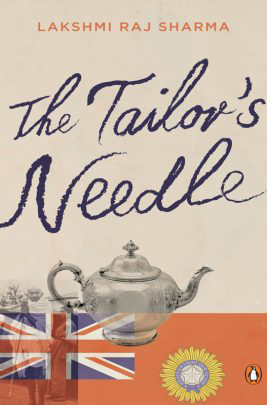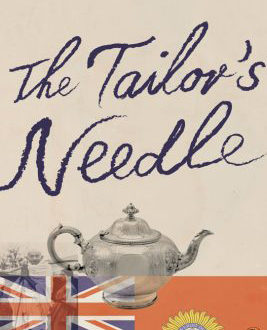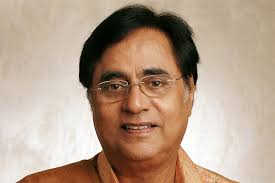
Fictional Worlds & the Force of Fiction
When you read a novel you enter its world staying there for some time. This fictional space helps you to unconsciously reassess and rethink your own world. Readers unknowingly turn into different people for the rest of their lives because they are thrown into worlds like their own which have the force of fiction to change minds. Their minds are exposed to pains and joys which they begin to experience while they are emotionally gripped in life-like situations. A reader naturally empathizes with the protagonists and, in a way, sees everything through their eyes.
This is where the question of what should be read comes in. If we stop reading soothing fiction, as for instance, the one provided by earlier writers such Dostoevsky, Gogol, Proust, Jane Austen, George Eliot, Thomas Hardy, Hemingway, E M Forster, R. K. Narayan, and others who followed them, we will gradually lose sight of the simpler lives of people living back then. We are what our stories have made us. We need to remain linked with a past when human ingenuity had still not found such devious and dangerous ways of making some people too powerful and others too weak to live in peace. Today’s readers are glued too much to crime fiction or the violence that has entered their lives through films and television serials.
Even erstwhile people wanted to be rich and powerful but these were very few. The average man could not afford to indulge in such luxuries. Our lives are so different now due to an increasing lust for wealth and power that has seeped down to the masses. Earlier there were few rich and extra-ambitious people. Now technology has given people the facility of becoming rich quickly and sharing in the vices like immorality, uncouth language, and an extra dose of ill-gotten sex. We now consider people of a hundred years ago too prudish and priggish to idealize. In the absence of the controlling power of religion, these novelists were helping us to move along sensibly in a saner world. But now the kind of novels that readers prefer has changed and, therefore, publishers are compelled to publish pleasure-giving muck. Coupled with these are films and televised serials that induce passive viewers into accepting harmful ideologies, lifestyles and filthy language.
Novels and their readers have a great companionship. Wayne C. Booth in his book The Company We Keep dwells on the necessity of reading the right kind of fiction and thereby keeping the right company. It is of utmost importance that the publishing industry encourages the publication of fiction which can help people lead better lives and keep away from cheap and superficial reading material. Novels have a greater force to change the world than films because they are powerful enough to make readers actively participate in what is written. Films quickly move on from one scene to other making the viewer more of a passive recipient.


